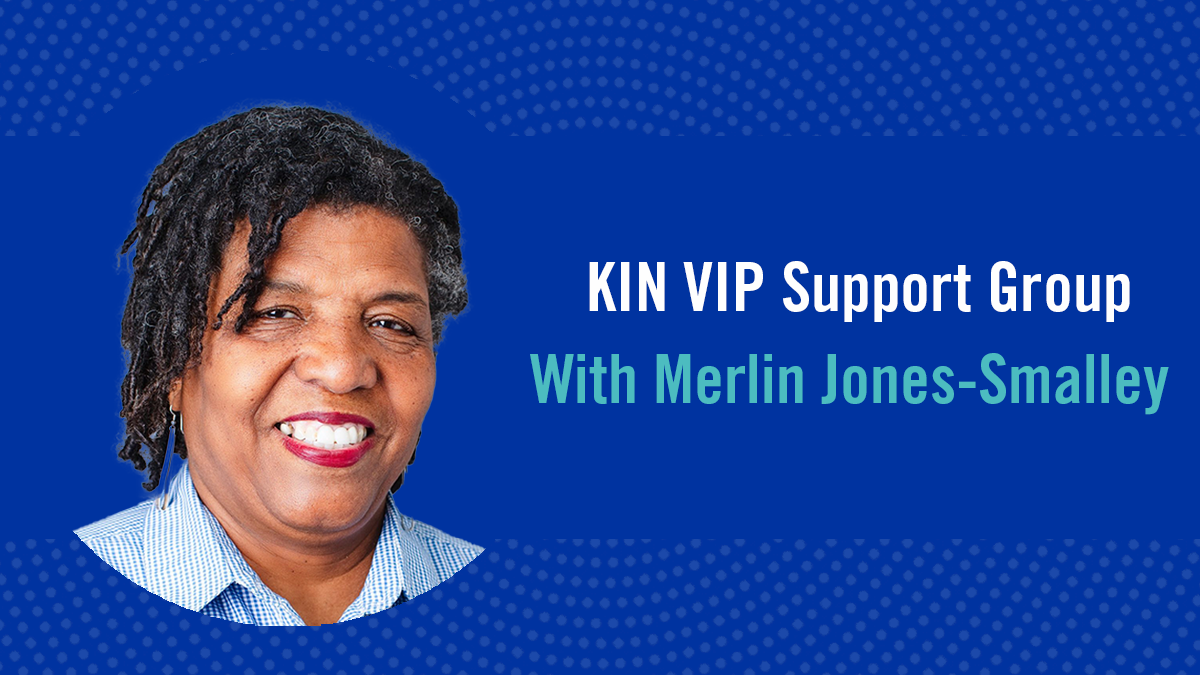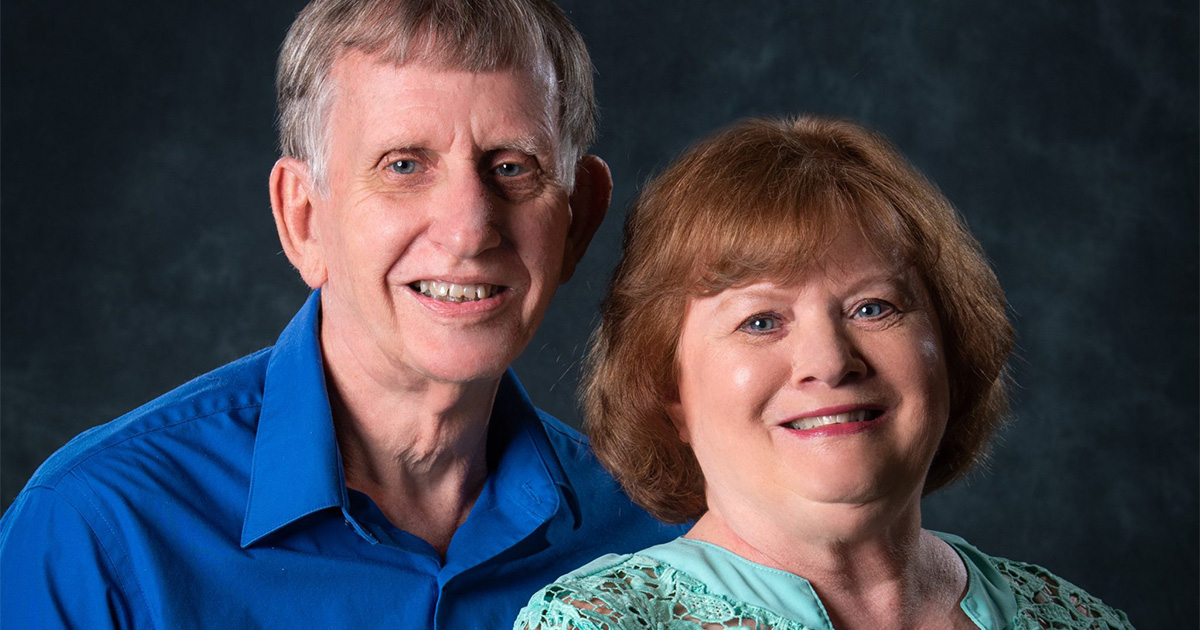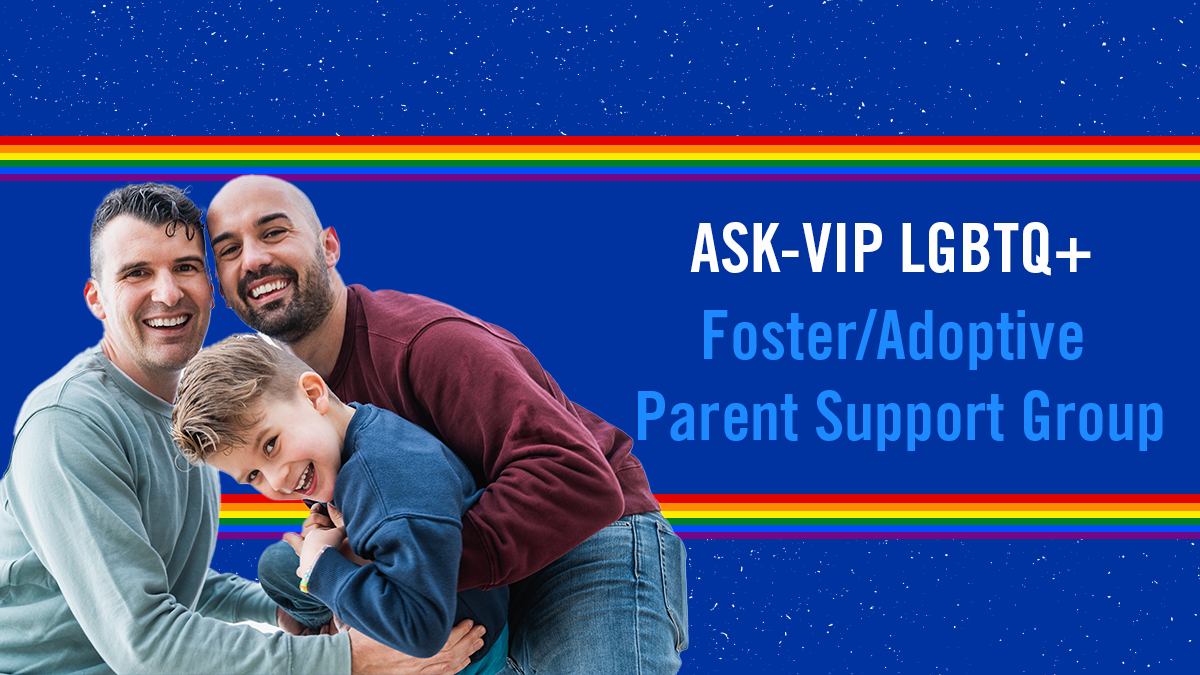
Adverse Childhood Experiences of Social Workers: Competencies for Clinical Supervisors
People are often drawn to helping professions because they have experienced some form of adversity in their lives. This presentation explores the concept of the "wounded healer" and how this manifest in social work practice. The presentation explores the concept of the “wounded healer” and theories that explain the reported high rates of adverse childhood experiences by helping professionals, particularly social workers. An examination of the Kentucky Board of Social Work (KYBSW) approved clinical supervision training required for licensed clinical social workers in pursuit of providing clinical supervisions. After a review of the current competencies of the KYBSW approved training, a curriculum and competencies will be explored by the presenter, that includes information regarding the disproportionate experiences of childhood adversity, ways to support certified social work practitioners, and ways to encourage open communication during supervision. With the use of clinical supervision, the negative implications of childhood adversity can be reduced. The purpose of this, is to enhance the integrity of social work practice, enhance clinical social work, and prevent impaired social work practice by raising awareness and supporting social workers.












